|
Illness causes delays. I drafted this post a year ago, before a series of events, including catastrophic back pain and the cascade of complications from it, first overwhelmed my writing life and then forced me into my bed for half a year. So now it's been 41 years since my trip to Paris, and the issues I addressed are even more pressing than they were last year. 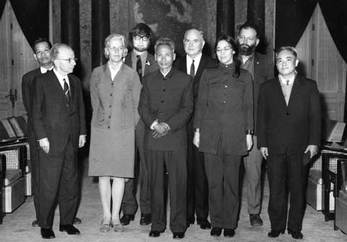 The science delegation with Pham Van Dong, Hanoi, 1970. The science delegation with Pham Van Dong, Hanoi, 1970. TRIGGER WARNING: Short description of sexual violence in war. [In italics in paragraph four.] December, 1970. My father joins a delegation of radical scientists from the World Federation of Scientific Workers and travels to Hanoi. There they meet with scientists, students, government officials and others. My father lectures on evolution in the underground classrooms of the University of Hanoi, because his hosts say they want to prepare for victory, to ask questions that can't be answered with guns. Under sewer covers there are bomb shelters stocked with all the essentials: water, food, first aid kits and fresh flowers to keep up people's spirits. 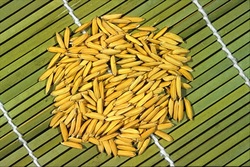 On his return he starts Science for Viet Nam. Its purpose is to do research on possible solutions to a wide range of problems facing the Vietnamese resistance, to expose the collaboration of U.S. scientists and institutions with the U.S. military and to put pressure on them through various kinds of protests. At the age of sixteen, I join as a researcher. We investigate fast-growing varieties of rice that might make it to harvest before they are sprayed with defoliants. We look into possible microorganisms that could break down Agent Orange in the soil. We find out the U.S. military is dropping harmful insects on cropland, and identify the species. We learn that the navigational technology of 1970s smart bombs requires clear sunlight and that smoke will confuse them. We raise money to buy a sonogram machine for a hospital, because the U.S. military has started using plastic pellets in their weaponry so that x-rays will be useless. We protest the lectures of of scientists from Project Jason, which collaborates with the Pentagon, and find a mud-loving species of fish that can survive in hillside bomb craters that are only seasonally filled with water. The fish eat mosquito larvae and help control disease. 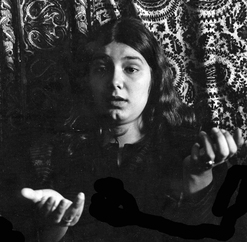 March 4, 1972. At the age of eighteen, I travel to Paris with other members of our team, to meet with the North Vietnamese and National Liberation Front delegations to the Paris Peace Talks. We rendezvous with our Parisian friends at the Ba Dihn Restaurant, and eat dinner below a framed portrait of Ho Chi Mihn. We take the train out to a suburb full of embassies and consulates, and are given tea and tangerines while we talk with Madame Ngo Ba Thanh, a lawyer who founded the Women's Movement for the Right to Live and has become a prominent leader in the fight to end the war. 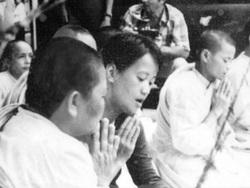 Mme. Thanh Mme. Thanh What I remember most vividly is the way she reaches out to me as a young woman, giving me a pamphlet about a teenage heroine of the resistance, and two things she tells us about the war. That their people no longer love clear skies, because of the bombers. That blue skies mean death, mean silent bombs slanting down, unheard until it was too late. And that because rape by U.S. soldiers is so prevalent, women fit their vaginas with razor-lined tubes, so that any man raping them will never do so again. I wonder how they get the razor filled tubes out again without cutting heir fingers, and it isn't until we're an hour away on the train that I realized any woman who uses such a weapon will likely not survive her rapist's rage. Later that day, we go sight-seeing to the Sainte Chapelle, beautiful, ornate, with a painted dome of vivid sky blue arching over us, fringed with gilded angels, and looking up at those heavens patrolled by metallic wings, I feel a sudden stabbing pain: my first menstrual cramps. 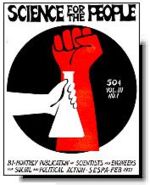 Fast forward to 2012, siting at the dining room table with my father, discussing the complicity of Israeli academic institutions with the ongoing war against the Palestinian people, and the boycott of Israeli academic institutions, which we both support, we start talking about Science for the People, a national organization of leftist scientists, and the Science for Viet Nam project. Suddenly I realize what we should be doing. We need to start Science for Palestine! We need a network of researchers, experts in medicine, agriculture, sustainable technologies, who can research solutions to some of the most pressing problems of daily survival in an occupied land, where access to food, medical care, water and electricity are controlled by a hostile government. 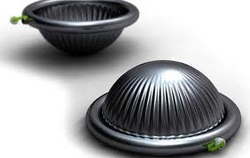 Dew "bank." Dew "bank." What about dew-collectors to water gardens of dry-climate crops? What about the crops themselves? Are there edible and medicinal plants not native to the region that could be grown on sparse water? What survival strategies are already in place, and how can we help expand them? Could high quality solar ovens be manufactured on site, using recycled metal? Forty years ago today, I sat with Madame Thanh and listened to her talk about how important the support of U.S. activists was to their efforts, to their survival, to their morale. I am marking that anniversary by proposing an initially small web of researchers, permaculturists, community medicine activists and others, so that we can go beyond a refusal to collaborate, and offer concrete intellectual and technical support to the people of Palestine and the Israeli Jews who are their allies.
0 Comments
Your comment will be posted after it is approved.
Leave a Reply. |
About Aurora
Aurora Levins Morales is a disabled and chronically ill, community supported writer, historian, artist and activist. It takes a village to keep her blogs coming. To become part of the village it takes, donate here. Never miss a post!
Click below to add this blog to your favorite RSS reader: Archives
September 2017
Categories
All
|
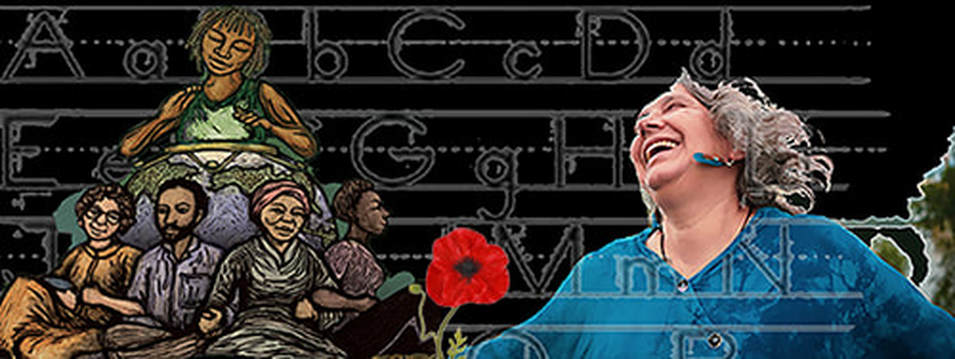
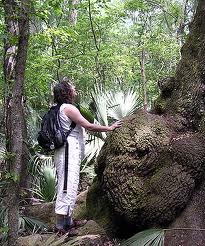
 RSS Feed
RSS Feed
